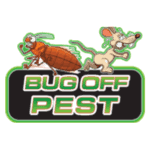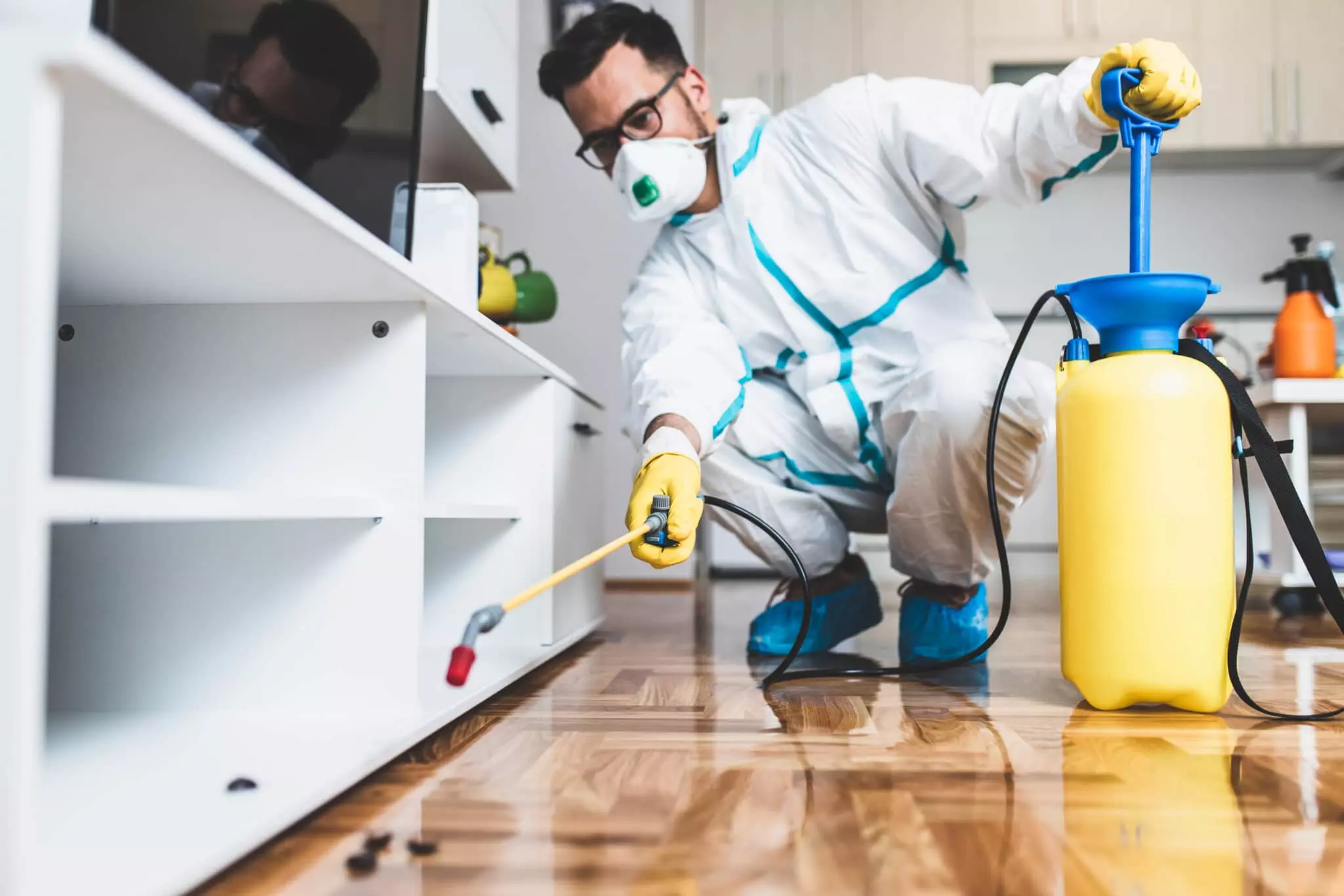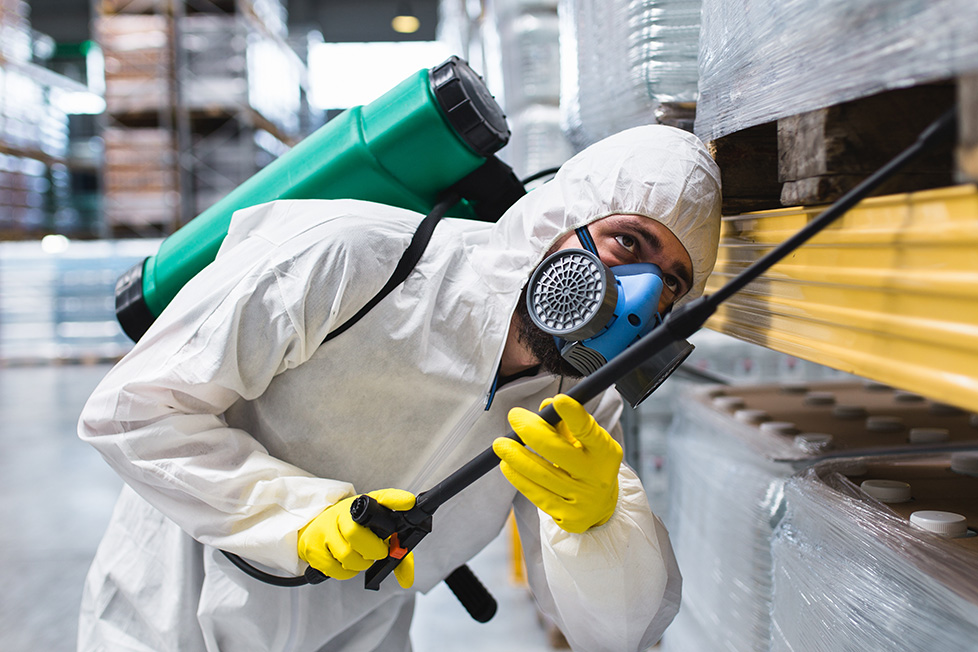Pest Control in Port Charlotte to remove pests, rodents, and more.
Pest Control in Port Charlotte to remove pests, rodents, and more.
Blog Article
Exploring Ingenious Methods and Products for Reliable Insect Control
The landscape of bug control is progressing, noted by the appearance of cutting-edge methods and items created to improve effectiveness and sustainability. From wise catches equipped with advanced surveillance systems to organic approaches that utilize natural predators, these improvements provide a standard change in exactly how we approach pest management.
Smart Traps and Keeping An Eye On Solutions
Just how can modern-day innovation improve pest monitoring? One substantial improvement is the growth of wise traps and monitoring systems, which provide real-time information and analytics for reliable pest control. These systems make use of sensors and cordless innovation to spot pest task, notifying residential or commercial property managers and bug control professionals to problems before they rise.
Smart traps are geared up with attributes such as bait terminals that draw in pests and capture them efficiently. These catches can be kept an eye on remotely, enabling for prompt treatments and decreasing the need for comprehensive chemical applications. Moreover, the combination of artificial intelligence algorithms enables these systems to set apart between target bugs and non-target varieties, enhancing the precision of pest control procedures.
Furthermore, the information gathered from smart traps can be evaluated to identify patterns in insect behavior and environmental factors contributing to infestations (Pest Control in Port Charlotte). This information is indispensable for creating targeted parasite monitoring strategies customized to details settings. By welcoming smart catches and keeping track of systems, insect control professionals can enhance their operational efficiency and lower the environmental impact of pest monitoring, inevitably resulting in safer and extra lasting methods in the industry
Biological Pest Control Techniques
Utilizing natural predators and bloodsuckers, organic pest control techniques offer an eco-friendly option to chemical treatments. This technique involves the intro or enhancement of specific microorganisms that can normally manage pest populations, therefore reducing dependence on artificial chemicals. Typical instances include making use of ladybugs to regulate aphid problems and parasitical wasps to target caterpillars.

Organic control can be categorized right into 3 primary methods: timeless, augmentative, and conservation. Timeless biological control involves importing natural adversaries from the insect's indigenous habitat, while augmentative control entails raising the populace of existing natural opponents via releases. Preservation techniques focus on developing conditions that support these advantageous microorganisms in the ecosystem.
The effectiveness of organic parasite control rests on comprehending the complex interactions within communities. It often needs a thorough assessment of bug characteristics and the life cycles of both the parasites and their natural opponents. While organic approaches may not supply immediate outcomes like chemical alternatives, they add to long-lasting bug monitoring and environment health. As understanding of ecological concerns expands, biological bug control methods are significantly recognized for their sustainable role in integrated insect administration programs.
Eco-Friendly Chemical Alternatives
Green chemical choices read the article give a viable solution for pest monitoring that decreases ecological effect while successfully managing insect populations. These alternatives are derived from all-natural resources and are meticulously created to target certain bugs without harming advantageous organisms, making them a vital element of lasting parasite control methods.
Among one of the most reliable green choices are plant-based insecticides, such as neem oil and pyrethrin, which are originated from the seeds and blossoms of various plants. These compounds interrupt the life process of bugs, decreasing their populaces without the hazardous effects connected with traditional pesticides - Pest Control in Port Charlotte. In addition, vital oils like peppermint and clove oil show repellent residential properties, further enhancing their energy in parasite administration

In addition, green chemical choices typically damage down faster in the setting, reducing the danger of dirt and water contamination. This characteristic aligns with the enhancing customer need for sustainable methods in farming and city pest control. As research remains to development, the development of innovative environment-friendly solutions will certainly further improve effectiveness and widen application locations, enabling pest management experts to adopt greener, extra responsible methods in their techniques while safeguarding human health and the setting.
Pheromone Interruption Methods
One more ingenious method in sustainable bug monitoring is using scent disturbance strategies. These techniques make use of the all-natural chemical signals, or scents, that pests make use of for interaction, especially in mating actions. By interrupting these signals, parasite populaces can be properly handled without turning to unsafe chemicals.
Pheromone traps are generally used in this strategy. Over time, this can lead to a significant decline in insect populations.

Integrated Parasite Management Approaches
Effective insect control often needs a comprehensive method, and Integrated Bug Monitoring (IPM) techniques supply a framework for achieving this goal. IPM incorporates numerous administration practices to lessen pest populations while decreasing dependence on chemical pesticides. This complex method starts with extensive surveillance and recognition of pests, enabling for targeted interventions based on certain parasite stress.
Social techniques, such as plant turning and hygiene, play an important role in stopping bug facility. Organic controls, consisting of all-natural killers and parasitoids, are used to keep parasite populaces at convenient degrees. When necessary, careful chemical treatments are applied, highlighting lower toxicity to non-target species and the atmosphere.
By using this alternative approach, IPM not only improves bug control performance yet additionally adds to long-lasting ecological equilibrium. Eventually, Integrated Insect Management represents a forward-thinking solution that read this straightens agricultural performance with ecological stewardship, making it crucial in contemporary insect control techniques.

Verdict
In conclusion, the assimilation of innovative techniques and products for effective bug control stands for a substantial advancement in sustainable parasite management. Smart traps and keeping an eye on systems, organic parasite control approaches, environmentally friendly chemical options, and scent disruption techniques collectively enhance the efficiency of insect monitoring approaches.
Report this page